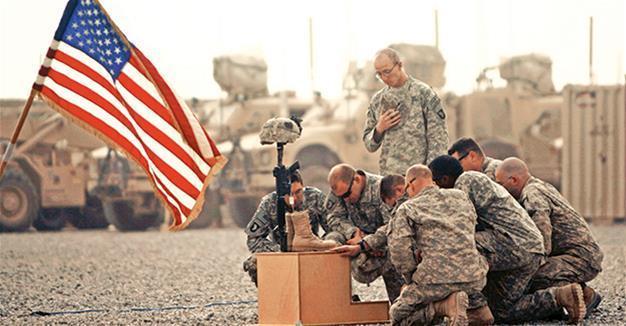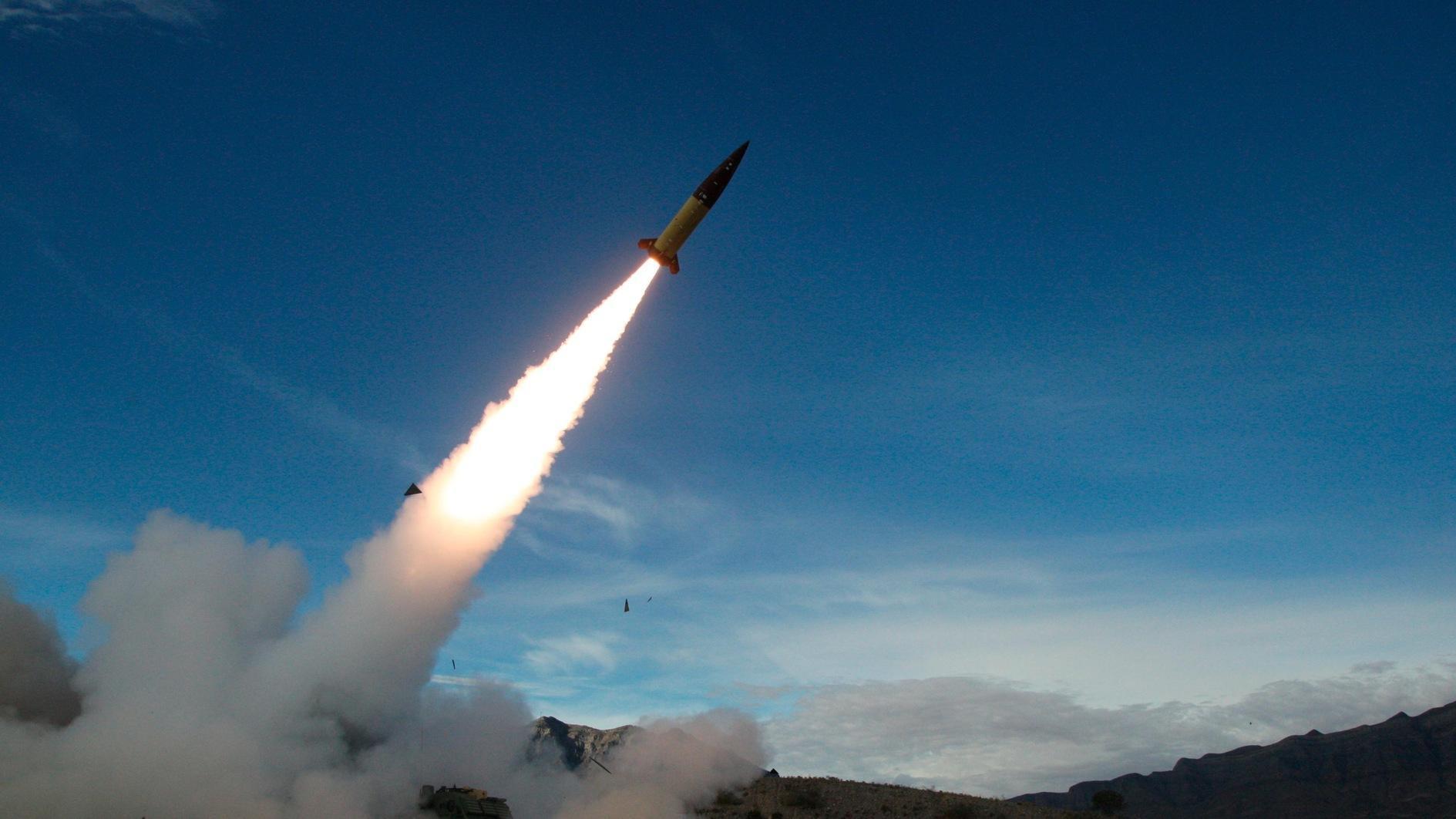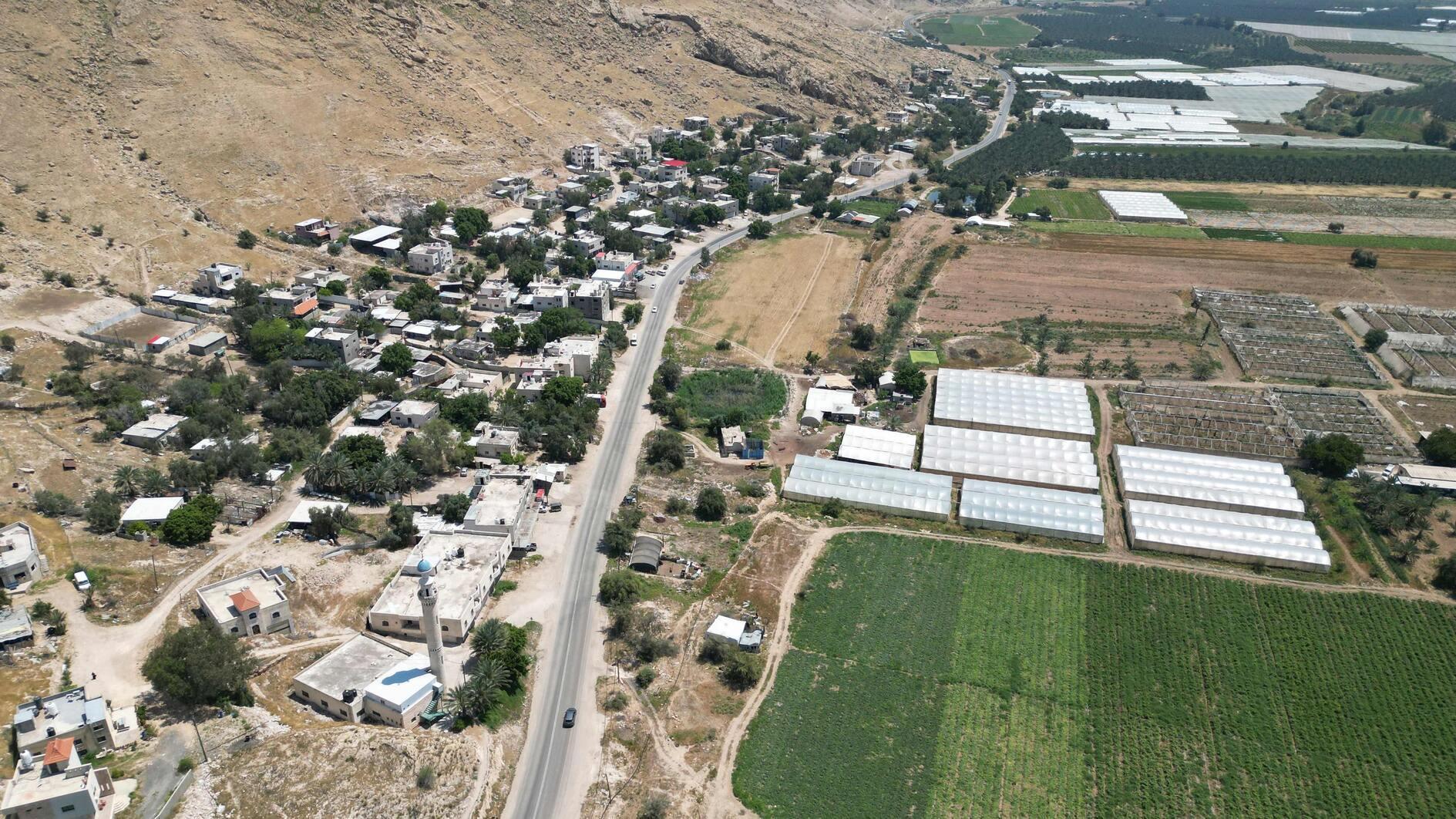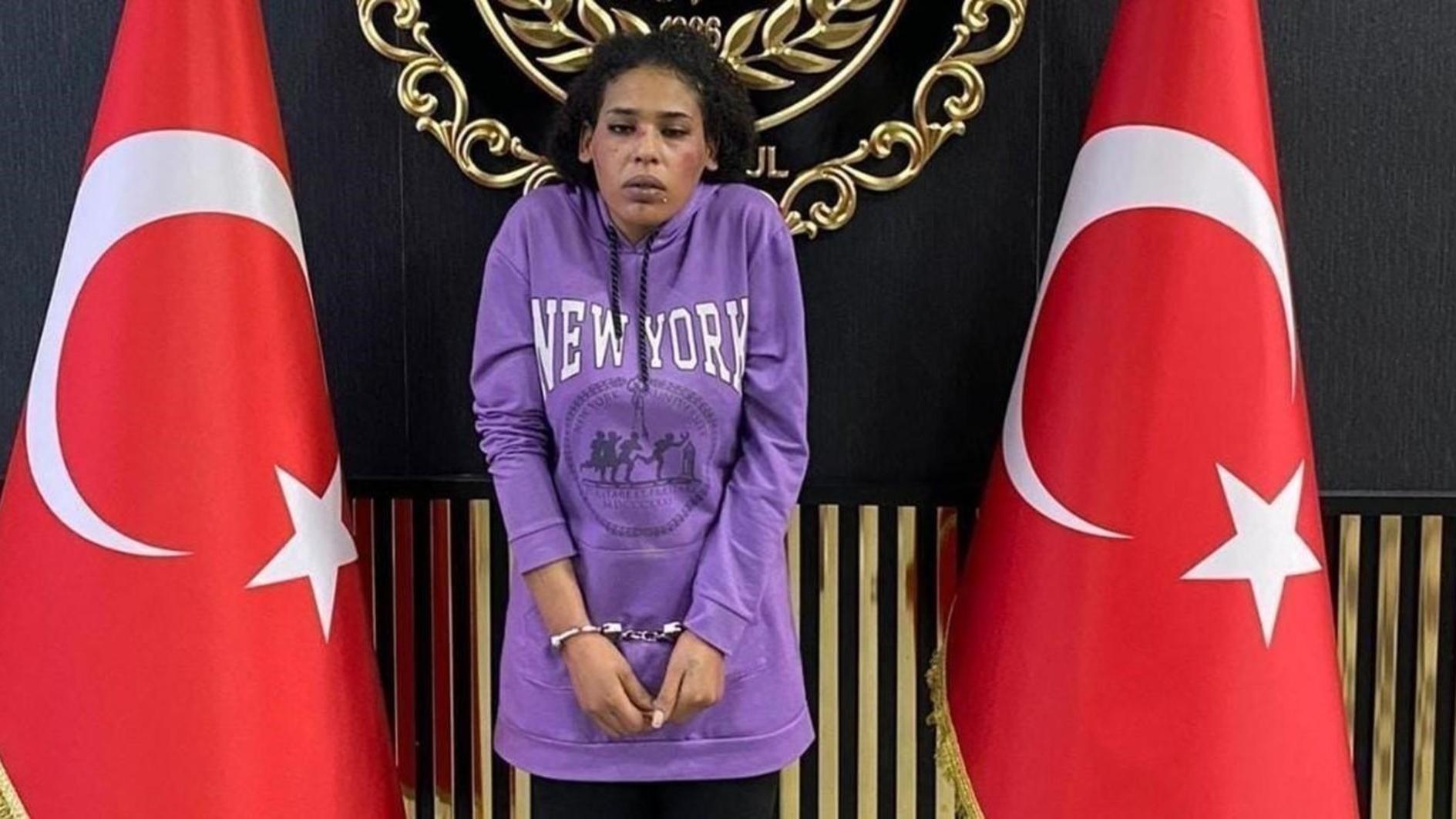Trump commits to open-ended Afghan war, NATO praises move
WASHINGTON/KABUL
 United States President Donald Trump has committed the U.S. to an open-ended conflict in Afghanistan, reversing course from his campaign pledges and signaling he will send troops to America's longest war in "a fight to win,” a move that was praised by NATO and Afghan authorities.
United States President Donald Trump has committed the U.S. to an open-ended conflict in Afghanistan, reversing course from his campaign pledges and signaling he will send troops to America's longest war in "a fight to win,” a move that was praised by NATO and Afghan authorities. Trump offered few specifics in a speech on Aug. 21 but promised a stepped-up military campaign against Taliban insurgents who have gained ground against U.S.-backed Afghan government forces. He also singled out Pakistan for harboring militants in safe havens on its soil.
"We are not nation-building again. We are killing terrorists," he said in a prime-time televised address at a military base outside Washington, while declining to put a timeline on expanded U.S. military operations in Afghanistan.
“Our troops will fight to win,” he said, adding that “no place is beyond the reach of American arms.”
The Taliban swiftly condemned Trump's decision, vowing to continue "jihad" until all U.S. soldiers are gone.
"If the U.S. does not pull all its forces out of Afghanistan, we will make this country the 21st century graveyard for the American empire," Taliban spokesman Zabihullah Mujahid said in a statement.
“As long as there is one U.S. soldier in our land, and they continue to impose war on us, we, with a high morale will continue our jihad,” he added.
NATO chief Jens Stoltenberg on Aug. 22 welcomed Trump’s move, saying the alliance would not let the country become a haven for terrorists.
“Our aim remains to ensure that Afghanistan never again becomes a safe haven for terrorists who would attack our own countries,” he said in a statement.
Stoltenberg reiterated that NATO had transferred security responsibilities to Afghan forces in 2014, saying the country now had about 350,000 soldiers and police.
“I am looking forward to discussing the way ahead with Secretary Mattis and our Allies and international partners,” Stoltenberg said, referring to U.S. Defense Secretary James Mattis.
Afghanistan also welcomed the move, with President Ashraf Ghani saying that the announcement showed the “enduring commitment by Afghanistan’s foundational partner in this global conflict.”
Trump’s decision was met with praisal from Britain.
“The U.S. commitment is very welcome,” British Defence Secretary Michael Fallon said in a statement.
In his speech, Trump warned that U.S. support “is not a blank check,” and insisted he would not engage in “nation-building,” a practice he has accused his predecessors of doing at huge cost.
Trump insisted through the speech that the Afghan government, Pakistan, India, and NATO allies step up their own commitment to resolving the 16-year conflict.
“We can no longer be silent about Pakistan’s safe havens,” Trump said. “Pakistan has much to gain from partnering with our effort in Afghanistan. It has much to lose by continuing to harbor terrorists.”
A Pakistani army spokesman said on Aug. 21 that Pakistan had taken action against all jihadist militants.
“There are no terrorist hideouts in Pakistan,” spokesman Major General Asif Ghafoor said.
India welcomed Trump’s demand that Pakistan stop offering safe havens to terror groups operating out of its territory, a long-standing complaint that New Delhi has held against Islamabad.
India’s Ministry of External Affairs said in a statement that it welcomed Trump’s “determination to enhance efforts to overcome the challenges faced by Afghanistan and in confronting issues of safe havens and other forms of cross-border support enjoyed by terrorists.”
Without naming rival Pakistan, the ministry said, “India shares these concerns and objectives.”
Trump ran for the presidency calling for a swift U.S. withdrawal from Afghanistan and he acknowledged on Aug. 21 that he was going against his instincts in approving the new campaign plan sought by his military advisers.
“The consequences of a rapid exit are both predictable and unacceptable. A hasty withdrawal would create a vacuum that terrorists, including ISIS and al Qaeda, would instantly fill,” he said, using another name for the Islamic State of Iraq and the Levant (ISIL).
A statement was also released by the U.S. Secretary of State Rex Tillerson regarding the issue on Aug. 21.
This evening, President Trump announced the new integrated strategy for the U.S. approach to South Asia that will require diplomatically engaging Pakistan, Afghanistan and India to create the conditions for stability in the region,” the statement read, adding that Washington expects Afghanistan’s neighbors, to join the U.S. in supporting an Afghan peace process.
“We stand ready to support peace talks between the Afghan government and the Taliban without preconditions,” the statement also said.
















